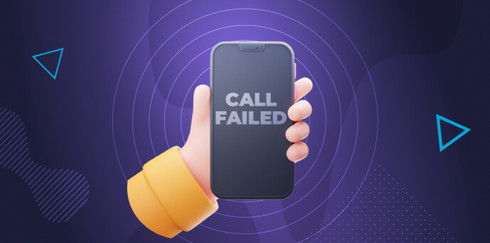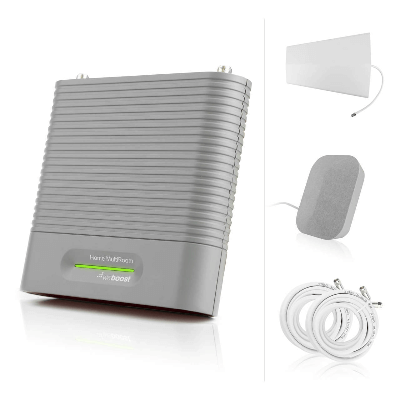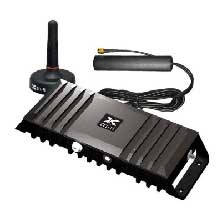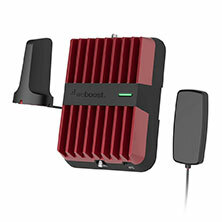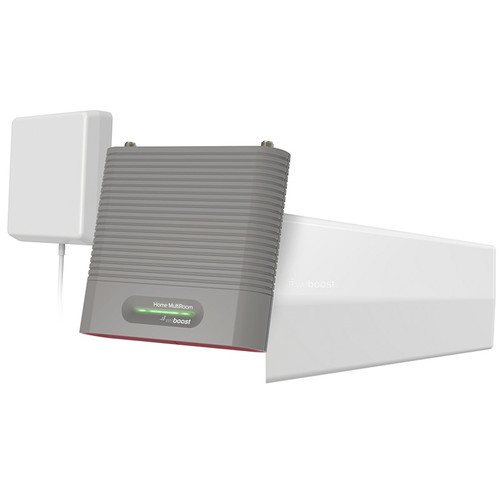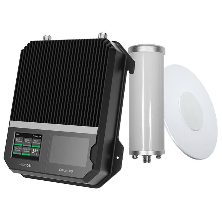Why Does My Phone Keep Dropping Calls?
Fix Dropped Calls on iPhones and Androids
Dropping calls without explanation will have you screaming at the sky and punching the air. With around-the-clock access to fancy, space-age gadgets that cost hundreds or even thousands of dollars, SURELY, we should be able to make and complete a simple phone call without dropping it. Right?
There are actually quite a few reasons why your phone calls keep disconnecting, and ways to fix it. Keep reading to learn more. You may just be able to keep yourself connected 24/7.
Take advantage of our system design and installation services. Learn more or call us for a free consultation: 1-800-638-6336.
Why Your Phone Keeps Dropping Calls
1. Proximity to the Nearest Tower
Cell phone signal is a radio frequency (RF) wave that is broadcasted by cellular towers and received by cellular devices. The closer you are to your cell tower, the stronger your signal will be.
There are many ways to find your nearest cell tower, which will help you understand if this is indeed the problem. If it is, a cell phone signal booster can help. They can reach faraway cell towers to provide you with superior coverage inside your home, office, or vehicle.
2. Construction Materials Can Block Cellular Signal
Somewhat analogous to the story of the Three Little Pigs (work with us here), the sturdier the building, the more it deflects or weakens the incoming signal, also known as downlink.
Every layer of material adds more interference to incoming cell signal that would otherwise be very strong. The following materials wreak havoc on signal and can lower dB gain by as much as –50 dBm:
- Insulation & Drywall (-2 dBm)
- Plywood (-4 to -6 dBm)
- Concrete (-10 to -20 dB)
- Metal (-32 to -50 dBm)
For a full list, visit Building Materials that Kill Cellular Signals.
You'll know building material is the issue if your cellular reception is much stronger outside. In these situations, cell phone signal boosters can also help. They bypass materials that weaken cellular reception and deliver a stronger signal indoors.
3. Topography and Geography are Huge Factors
In addition to building materials, you must also consider your location’s topography. If you’re in an area that is covered in trees, shielded by rolling hills and mountains, or surrounded by water, cellular signal will be spotty, resulting in dropped calls.
Why? Such characteristics are prone to absorbing, reflecting, and refracting cellular signal waves, preventing you from receiving adequate reception.
Thus, you should plan on getting aid from a signal booster for your home office or vehicle. They will help strengthen your connection.
4. There is TOO Much Cell Phone Traffic
Are you in the middle of a busy city using your phone during peak business hours? Chances are you are caught in a cellular “jam.” This happens when too many users simultaneously bombard the same cell tower. It can also occur during large-scale emergencies, large events/venues, or celebrations when everyone is taxing the network at the same time.
Even if you DO secure a connection, it may be very weak; if you move closer to a different tower that is already overloaded you could get dropped in the process.
5. Obstructing Your Phone’s Internal Antenna
Cell phones are so advanced that it is easy to forget that they use an antenna. Positioning or holding the phone wrong may be blocking the antenna from receiving maximum signal. Look up your model on the internet to find out exactly where your antenna is…. and then don’t put your fingers there!
6. Low Battery Can Lead to Bad Signal
If you don’t have enough juice in your battery, you won’t have enough bars. There are no two ways about it. If you keep your phone properly charged and maintain healthy battery life, you should run into signal strength issues much less frequently.
7. You're Using an Old Phone
Are you currently sporting an outdated flip phone that once boasted about “bleeding edge” 2G speed? There’s better technology out there, friend - likely for a very reasonable price. Even earlier-model smartphones can miss the mark when you’re considering technology requirements to get the best cellular signal possible.
Talk to your carrier and see if they can offer you a good deal on new or even refurbished phones before you consider switching to a different cell service provider.
8. Stormy Weather Can Cloud Up Your Signal Game
Lightning storms, fog with a lot of moisture, thunderstorms, torrential rain, snow, and ice storms can interfere with cellular signals or possibly damage the towers themselves.
How to Stop Your Phone from Dropping Calls
The things that cause your cell signal to fade out and drop calls are beyond your control most of the time. You can’t cancel the rain or humidity, but there are a few tricks you can try to fix dropped calls:
- Switch to WiFi calling
- Restart your phone or toggle airplane mode
- Replace damaged SIM card
- Download latest software update
- Move to an area with the strongest cellular signal (To learn how, visit How to Measure Cell Phone Signal Strength)
- Upgrade your device
- Etc.
Most of the time, these tricks provide a temporary fix. The best way to eliminate or significantly reduce dropped calls is with a cell phone signal booster.
Boosters are designed to grab your existing outside signal with powerful cellular antennas, amplify it, and rebroadcast it wherever you need it most (inside your home, office, or vehicle). For more info, visit how do cell phone signal boosters work.
Whether your connectivity issues are due to weather conditions, trees, a metal roof, or cell tower distance, signal boosters help overcome those challenges to keep you connected.
Here are our most popular cell phone signal boosters:
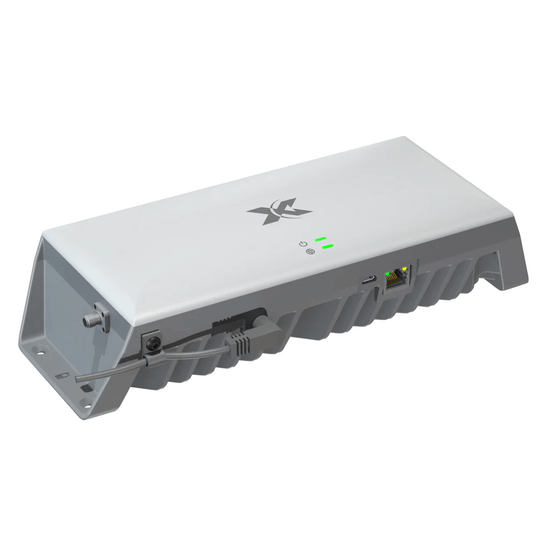
Cel-Fi GO G41
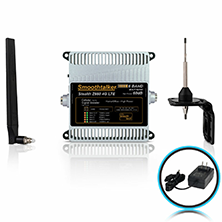
SmoothTalker Home Stealth Z6
Shop Signal Boosters Canada
Signal Boosters Canada is your one-stop shop for everything you need to boost cell phone reception in your home, office, car, or even boat. Give us a call (1-800-638-6336) or email (sales@signalboosterscanada.ca) us to get you set up the right equipment perfect for your situation.
We’ve got you covered… literally!

